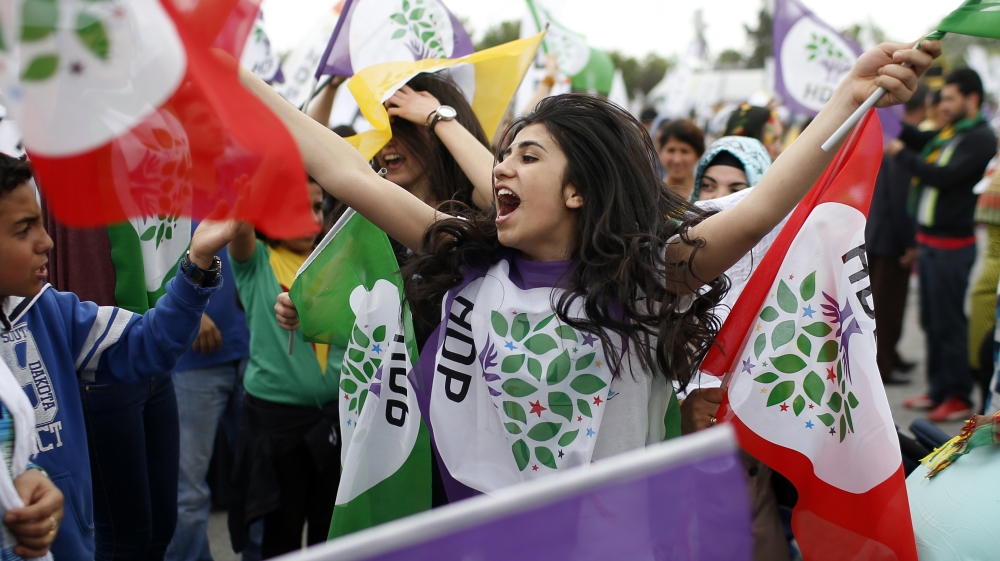It was fitting that Resistance Books’ new publication, Sustainable Agriculture versus Corporate Greed: Small Farmers, Food Security & Big Business, was launched in the East Gippsland town of Bairnsdale on March 8.
Co-author Alan Broughton, a well-known figure in the local Organic Agriculture Association, gave a short but hard-hitting presentation at the local library.
He explained that agribusiness might be thriving but many smaller family farmers are doing it tough. Their financial situation is precarious.






 Activists from Turkey's Kurdish lead People's Democratic Party (HDP).
Activists from Turkey's Kurdish lead People's Democratic Party (HDP).



 Turkish police repress protests against Erdogan's renewed war.
The outcome of Turkey’s June 7 parliamentary elections promised so much.
Turkish police repress protests against Erdogan's renewed war.
The outcome of Turkey’s June 7 parliamentary elections promised so much.
